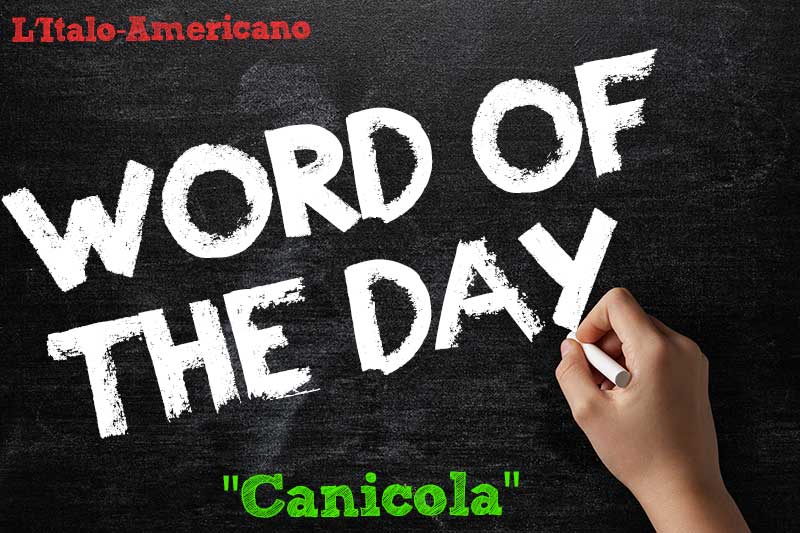Macché (mahk-kai) is a word you may not hear as often as sì and no, but when you do, rest assured that what speakers are talking about doesn’t make them happy one bit. It is formed by the union of ma and che (“but” and “that”) and it appeared for the first time in the dictionary and use of La Bella Lingua at the end of the 16th century.
Macché is the language equivalent of that piercing side glance you’d give to your mates when they suggest something utterly uncool or extremely boring to do on a Saturday night, and is often used to introduce your own suggestion or idea: Macché cinema! Stasera andiamo a sentire un po’di musica! (“No way we’re going to the cinema, tonight we’ll go listen to some music!”).
Its short and sharp sound, given by that hard “C” and by the final accent of the “e,” is all about showing your disagreement, especially when someone suggests something wrong about stuff you do or are supposed to do, just like when we say Macché innamorato! Non mi importa più niente di lei (“No way I am still in love! I don’t care about her anymore!”).
Mind, there are some instances where macché may be a dead giveaway for the contrary of what it is supposed to deny: as in the case of the bitter lover above, for instance, where too vehement a denial may stand for the equivalent of an undying declaration of love. While you won’t find any dictionary stating this, every Italian knows that’s true: sometimes macché tells you more than it seems.
Last but not least, and you may already have noticed from the little sentences we used as examples, macché usually introduces the very thing it wants to deny.

Macché domani, ho bisogno di quel report stasera!
Not tomorrow! I need that report tonight!

Macché simpatico! Io quell’uomo lo detesto.
No way he’s nice. I hate that man.

Macché insalata, stasera voglio una carbonara per cena.
No way I’ll have salad for dinner: tonight I want carbonara.






























